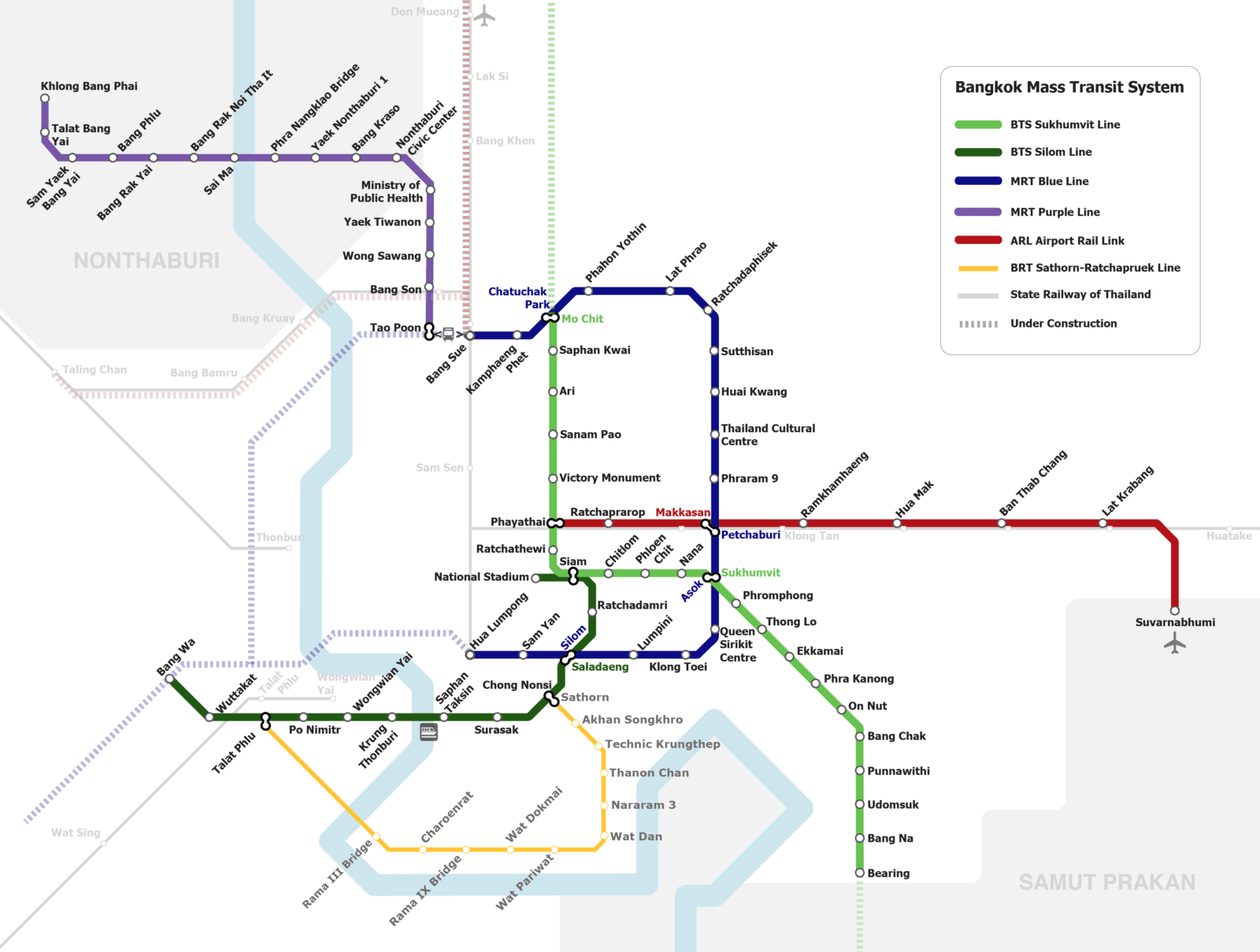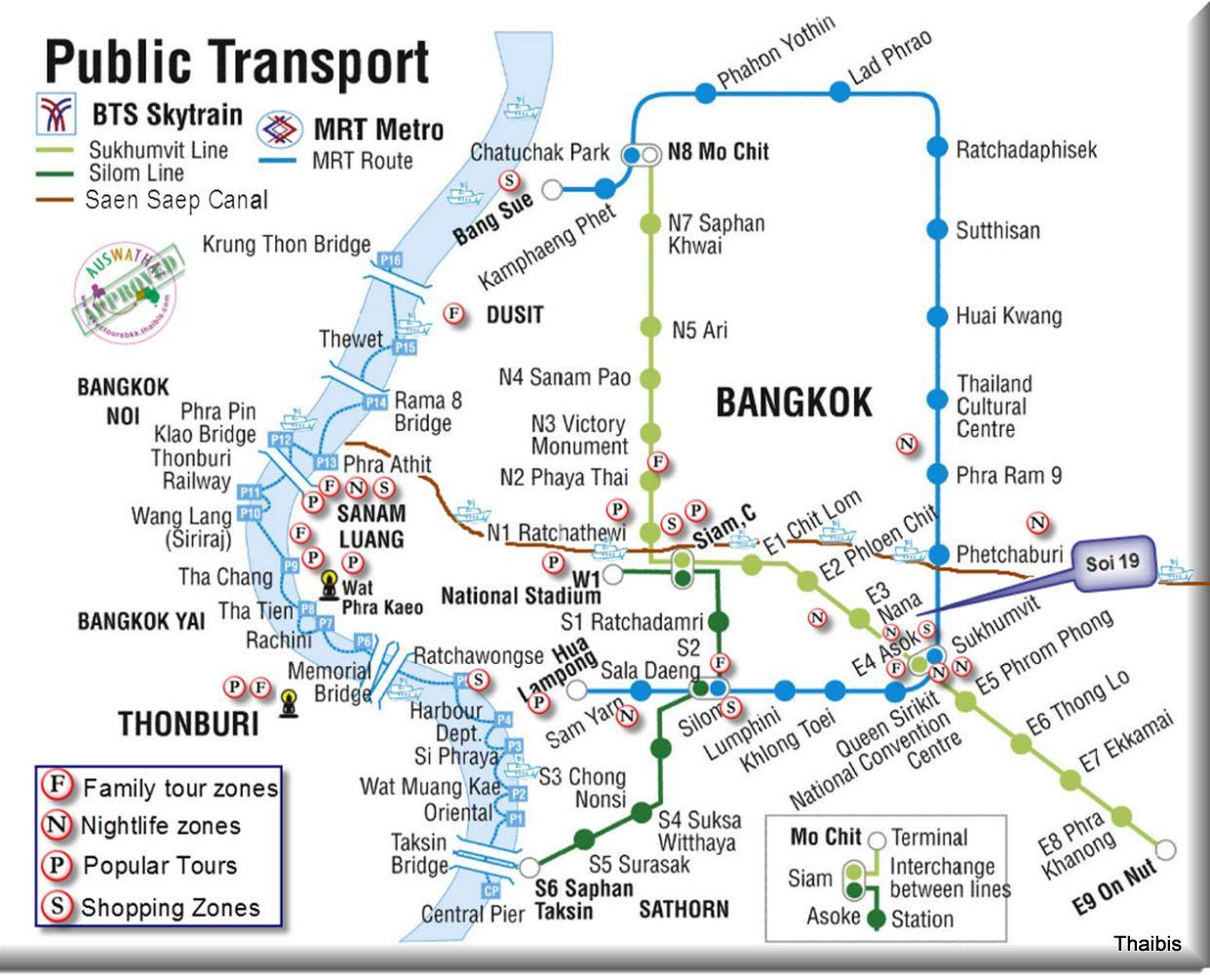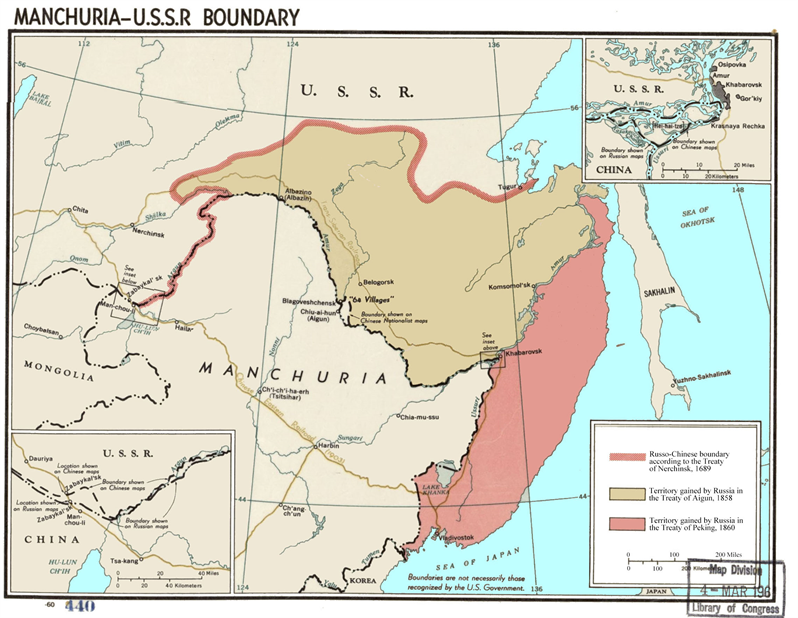Introduction
Getting around Bangkok can be a challenge due to heavy traffic conditions. However, the city offers excellent public transportation networks that can help visitors and locals alike navigate this bustling metropolis with ease. This comprehensive guide provides all the key information needed to make the most of Bangkok’s transit systems, including the metro (MRT), Skytrain (BTS), buses, boats, and more.

The Metro (MRT)
The metro, also known as the MRT, is Bangkok’s underground rail system comprising two lines - the Blue Line and Purple Line. It is one of the most efficient ways to travel within the city. Single-ride tokens can be purchased from ticket vending machines located at each station using coins and bills. For multiple rides, an MRT smart card provides convenient top-upability. Trains run frequently during peak hours and take passengers to major commercial and residential areas. Do carry warm clothing as the air-conditioning inside trains and stations is very cold.
The Skytrain (BTS)
elevated rail system called the BTS Skytrain runs above busy roads, providing a faster alternative to navigating traffic below. Similar to the MRT, single-ride tickets can be bought using cash, but a reloadable Rabbit smart card offers better value for multiple trips. The card can also be used to make purchases at convenience stores, a big advantage for travelers. BTS connects key locations in central Bangkok like Sukhumvit and Silom and is easiest to access some major tourist attractions.
Buses
Buses in Bangkok come in various forms - regular air-conditioned buses, community “songthaew” trucks, and air-conditioned buses with metro-like station stops called the BMTA Yellow Line. Regular city buses are reasonably priced but can get crowded and slow. The Yellow Line is the fastest option for certain routes. Most buses accept cash fares, but the Yellow Line uses the Rabbit Card. Signs with bus numbers and destinations make the system navigable for foreigners too with a little practice.
Boats
Cruising along Bangkok’s Chao Phraya River and its network of canals (khlongs) provides beautiful views of urban life in the Thai capital. Several piers act as impromptu bus stops where boats halt upon passenger requests. Cash fares are cheap, starting from just 10 baht for short distances. Boats are slow but offer a relaxing experience on less busy routes. Overcrowding is common during rush hours. Keep bags and phones close to avoid theft.
Airport Rail Link
This express train service links Suvarnabhumi International Airport to the city center in around 30 minutes. Cash payment is possible but you’ll need exact change. An Airport Rail Link card makes travel more convenient by automatically calculating fares. The card can also be used on the MRT and BTS within Bangkok. Therail link depositstourists right in the middle of the lively Phayathai area.
Other Transport Modes
Cycle and motorbike rental services like GrabBike let visitors explore Bangkok in a greener, more local way. Taxis and motorcycle taxis are also prevalent though navigating traffic using them as a foreigner requires some practice. Ride-hailing apps Grab and LINE MAN provide clean, cashless transportation alternatives if the transit options described above don’t suit a particular trip. Well-marked walkways make walking short distances an option too for the fitness-focused.
Integrated Payment Systems
Using the same payment method across different transit systems offers clear advantages to riders. In Bangkok, the Rabbit smart card takes the lead in this aspect by allowing trips on BTS, MRT, Airport Rail Link and selected buses to be paid for and tracked in a unified manner. Having the right smart card loaded with funds makes transit frictionless and is highly recommended for visitors spending significant time getting around by public means in this big city.
Conclusion
With its extensive metro, Skytrain, bus, boat and rail networks complemented by various smart payment solutions, Bangkok provides travelers abundant options for experiencing this vibrant destination in a stress-free, environmentally-friendly manner. Armed with the knowledge from this guide, navigating public transport in the Thai capital becomes easy and enjoyable. Efficient systems like BTS and MRT paired with integrated payment cards make Bangkok a world-class example of accessible urban transportation.

 The Sino-Russian Border as Established by the Nerchinsk Treaty of 1689
The Sino-Russian Border as Established by the Nerchinsk Treaty of 1689